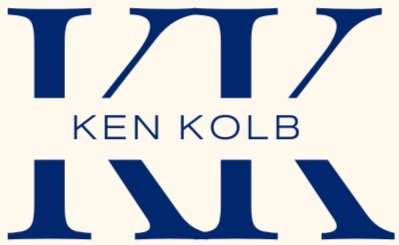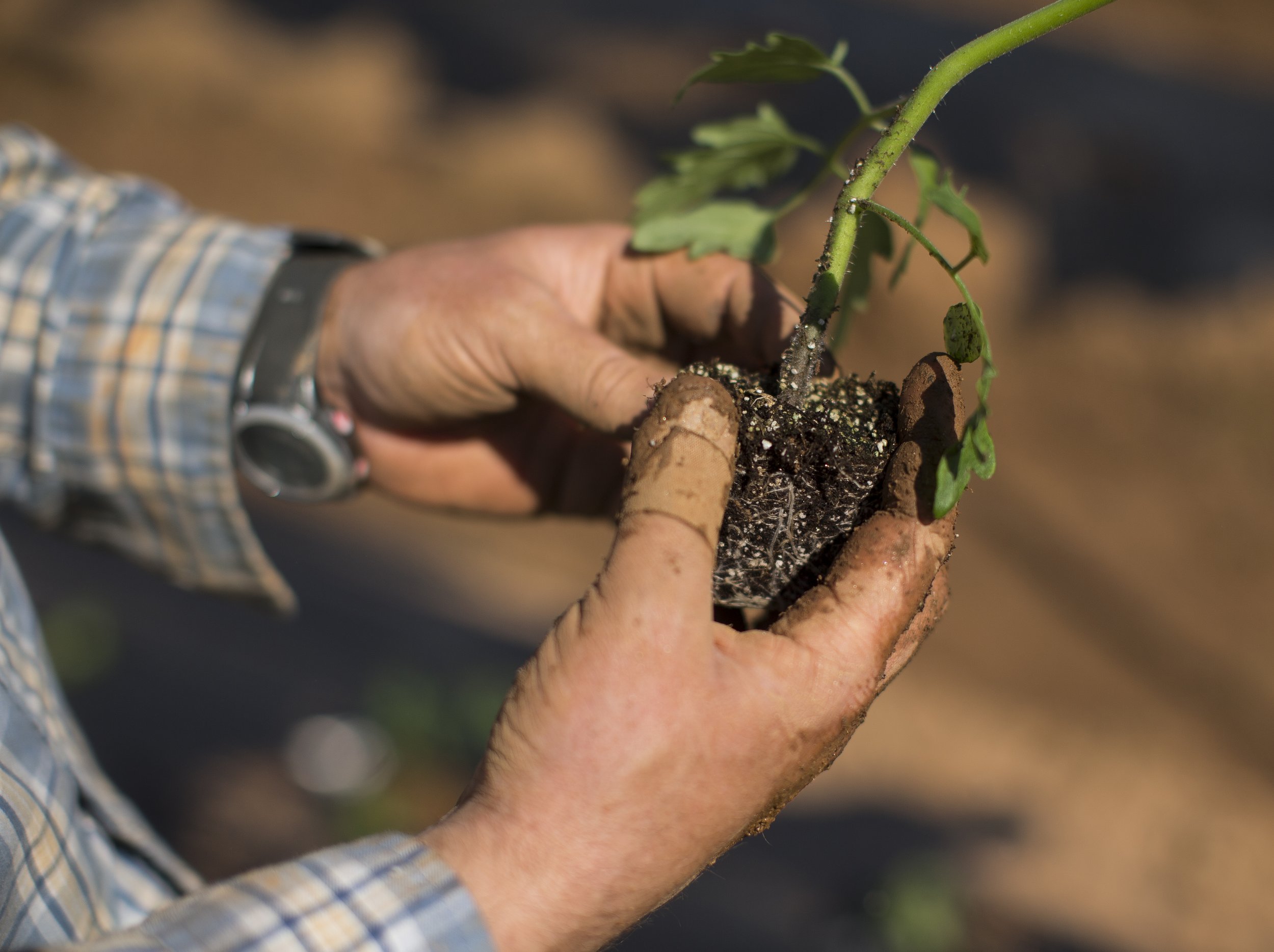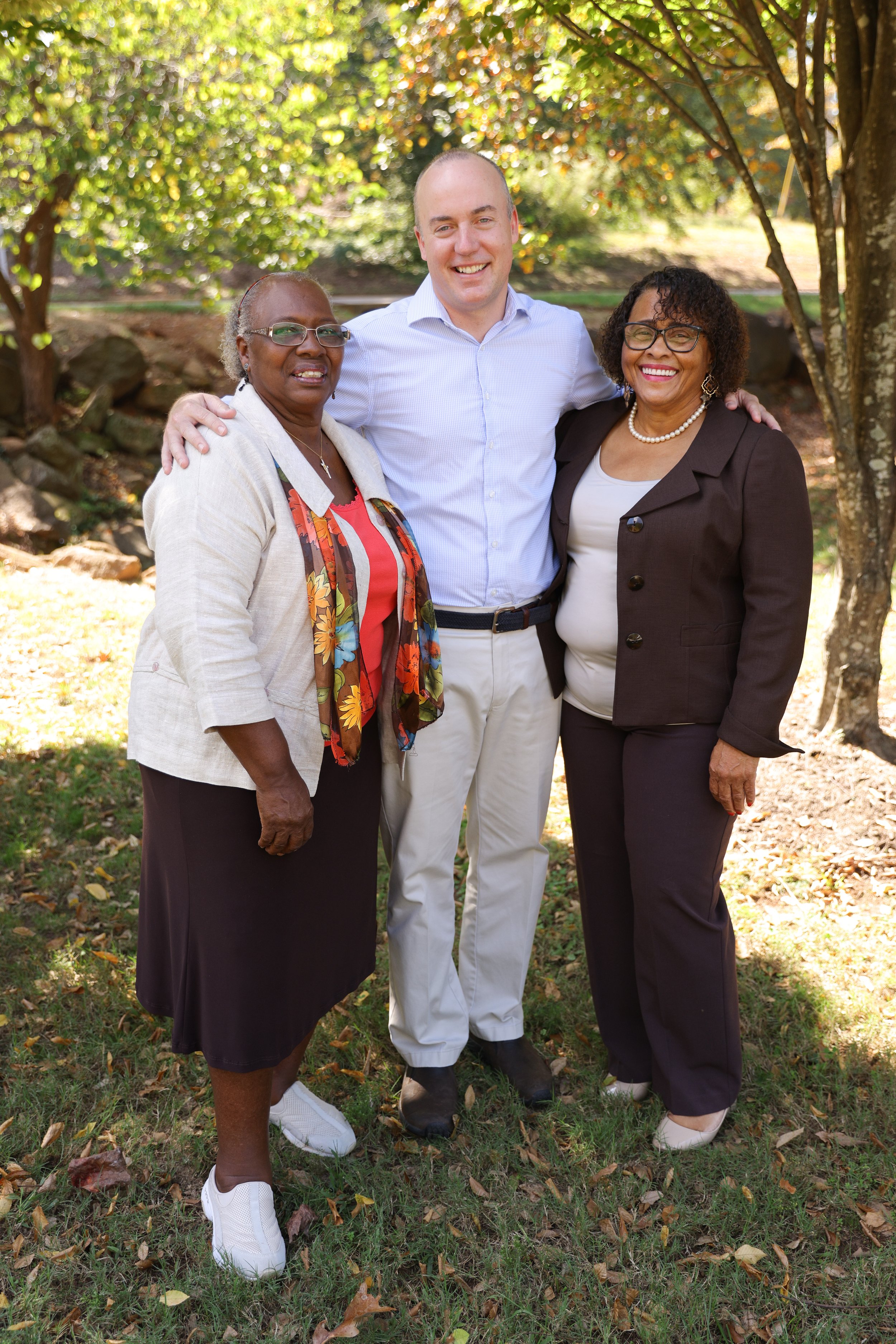Retail Inequality: Reframing the Food Desert Debate
“The most common health and business media frames repeatedly misdiagnose residents’ core complaint: the food desert fight is not only about food; it is about fairness and justice.
Yet the repeated framing of health as a goal of these solutions sidesteps residents’ deeper desire: undoing retail inequality decades in the making.”
— Ken Kolb, PhD, Retail Inequality: Reframing the Food Desert Debate
Retail Inequality: Reframing the Food Desert Debate
The food desert debate has long operated on two faulty assumptions:
There is plenty of demand; it is the lack of supply that sends residents elsewhere.
Proximity (to the store, to the product) induces nutritional behavior: people eat what is in front of them.
For years, we’ve oversimplified the issue and neglected to dig deep into the real reasons why residents in food deserts want not only grocery stores but also “good retail.”
Retail Inequality combines thorough research with years of community engagement in the Southernside and West Greenville neighborhoods of Greenville, South Carolina.
Whether you’re a policymaker, city planner, researcher, or layperson, Retail Inequality is an engaging and approachable look at the topic of food deserts, food insecurity, and what we need to do to create a more equitable future for all.
Download the worksheet
Apply what you’ve learned in Retail Inequality to brainstorm food accessibility in your own community. This editable PDF worksheet can be printed or filled out digitally.
Photo Gallery
Meet some of the places and people featured in Retail Inequality
Ken Kolb observing farm life at an Upstate farm practicing regenerative agriculture
Regenerative agriculture renews the local ecosystem to create better conditions for the land, animals, and people
Walking across the Hampton Ave pedestrian bridge. In order from left to right: Ken Kolb, René Vaughn, Mary Duckett, Chandra Dillard, Lillian Brock Flemming, Rev. J.M. Flemming.
René Vaughn (left) with Mary Duckett (right)
René Vaughn
Mary Duckett with Ken Kolb
Hampton Ave pedestrian bridge
West Greenville Recreation Center. In order from left to right: Inez Morris, Lynn Fleming, Rev. Vardrey Fleming, Rosa Byrd, Ken Kolb.
West Greenville Recreation Center. Rosa Byrd, Ken Kolb, Inez Morris.
Antioch Baptist Church with Jalen Elrod (left) and Ken Kolb (right)
Jalen Elrod
West Greenville Recreation Center. Lynn Fleming, Rev. Vardrey Fleming, Rosa Byrd.

















